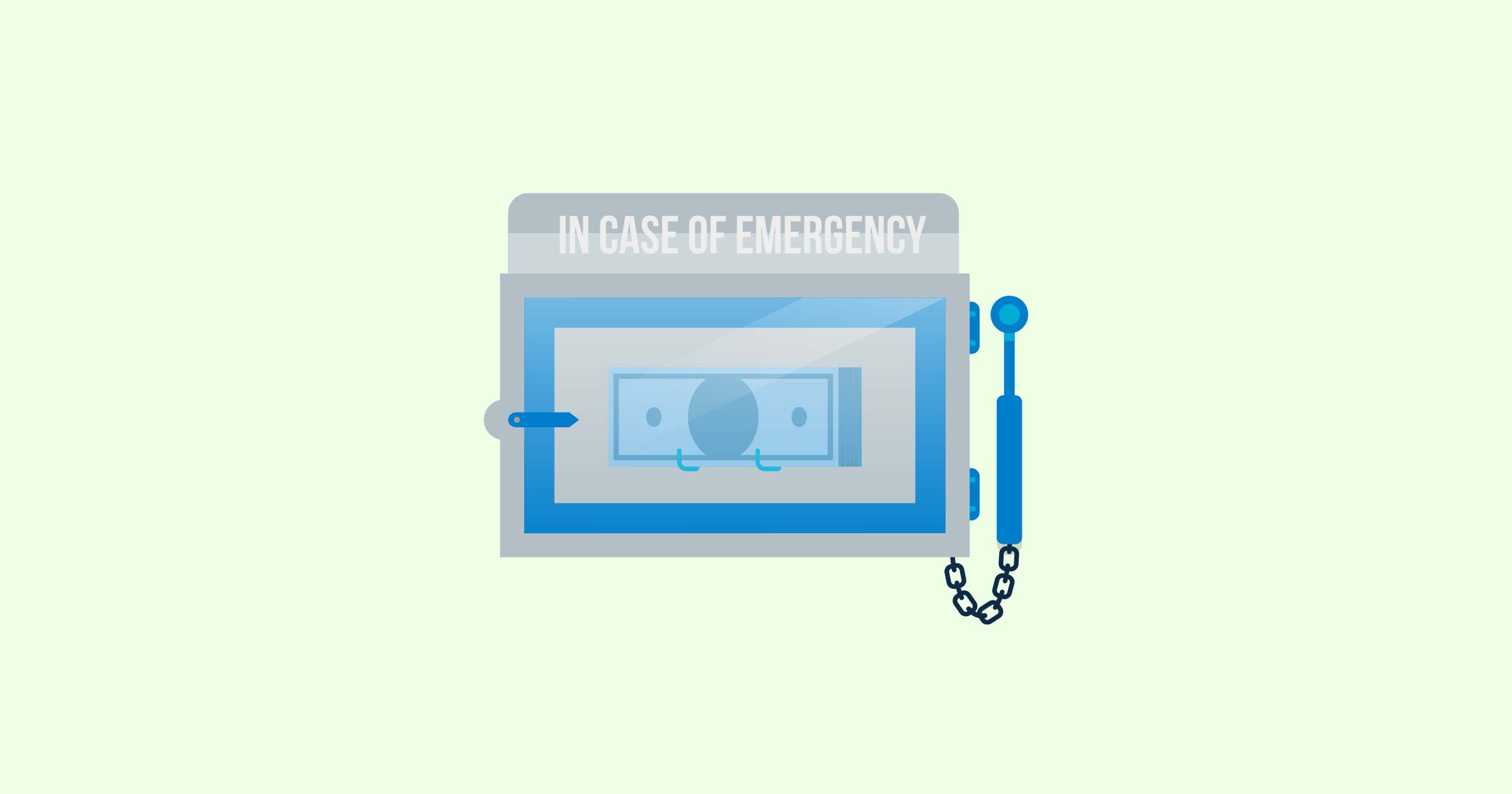These days, the importance of having an emergency fund is clearer than ever. In fact, this fund is pretty much a must-have, even if you haven’t started your investing journey yet.
In case you aren’t familiar with it, an emergency fund contains money that you set aside for times in which you suddenly need cash. Such situations include losing your job, and having to cover big medical bills.
This might have you wondering if you should have a really, really big emergency fund. The short answer is that while having this fund is a good thing, you can still have too much of a good thing. For the long answer, please read on.
Effect on earning potential
To put it simply, the money in an emergency fund shouldn’t be spent on anything but an actual emergency. It needs to be there, instantly available for when it’s needed (although, like with insurance, you’ll be hoping that the day won’t come).
This means keeping this money untouchable for non-emergency purposes. Given that, you’re likely to stash it in a place that is both safe and accessible, like your bank savings account.
Doing this would help it grow at a predictable but slow pace, which is fine because its primary purpose is to be there just in case. However, if you have more money than necessary in this fund, you’ll be missing out on the potential returns from investing the additional amount.
Consider how much more you might make if, instead of padding your healthy emergency fund with the extra money, you placed it in an investment that’s doing well. Of course, there’s no guarantee that the investment will continue performing at that level, but there’s a chance that it would.
What could you do with the additional returns? One option is to reinvest them, which might help you reach your money goal faster. Another option is to use them for a smaller goal, or one that you haven’t started investing for.
Whatever you end up choosing, needing to figure out the best use for the money is a good problem to have.
In fact, a growing number of people have started splitting the money in their emergency fund between a savings account and a pooled fund with high liquidity, such as a Money Market fund. They see this as a way to get a little more growth while still enjoying accessibility.
How much is too much?
Experts recommend that your emergency fund contain 3 to 6 months’ worth of essential expenses. If this seems too little for you, having up to a years’ worth should be the maximum that you should keep.
Any more than that and you’d be sacrificing the potential returns you could get from investing the money.
That’s why it’s good to assess your emergency fund every few years to see if the amount that you have in it is still correct, or your essential monthly expenses have changed. Of course, if something makes your unavoidable spending very different (whether it becomes less or more), you should take a look at your emergency fund right away.

.jpg)
